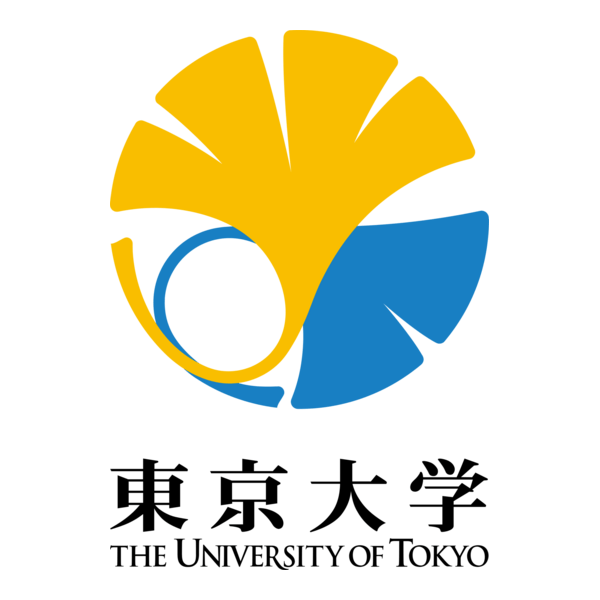University of Tokyo Visit by PhD Student Ahmed Kamala
This summer, Ahmed Kamala had the opportunity to spend two months in Tokyo as part of an international research collaboration with Professor Satoshi Usami and Dr Naoya Todo at the University of Tokyo.

The focus of the visit was to contribute to the development of a novel methodological framework that integrates Matrix Decomposition-based (MD) estimation into Structural Equation Model (SEM) Trees and Forests.
Traditional SEM Trees rely on Maximum Likelihood Estimation (MLE), which can be unstable, have improper solutions (e.g., negative variances), and be computationally intensive, especially in small subgroups or misspecified models. The team in Tokyo worked on developing an alternative approach based on matrix decomposition, which avoids many of the pitfalls of likelihood-based estimation.
During his visit, Ahmed worked on extending existing simulation studies from single-tree models to ensemble-level forest models, comparing four major estimation frameworks: MD-based SEMTree, Maximum Likelihood-based, constrained ML-based, and Bayesian SEMTree. He implemented forest-level simulations that assess both shared metrics (such as improper solution rates, computational time, and node recovery) and forest-specific ones (like variable importance, prediction accuracy, and ensemble diversity). He also continues to explore alternative splitting algorithms, including Factor Analysis by Instrumental Variables (FABIN) and other non-iterative multi-start approaches. Eventually, the team intends to develop an open-source R packages to support this new methodology.
This visit provided a unique environment to engage with cutting-edge computational and quantitative research which contributes to the methodological advancements that will benefit the broader SEM and statistical community.
Ahmed will continue to collaborate with Professor Usami and Dr Todo not only to finalize and publish this research, but to collaborate for more research together in the future. The Department of Social Statistics at the University of �������Թϱ��� and the team at University of Tokyo both expressed interest in more contact and collaboration in the future between the departments and the universities in general.